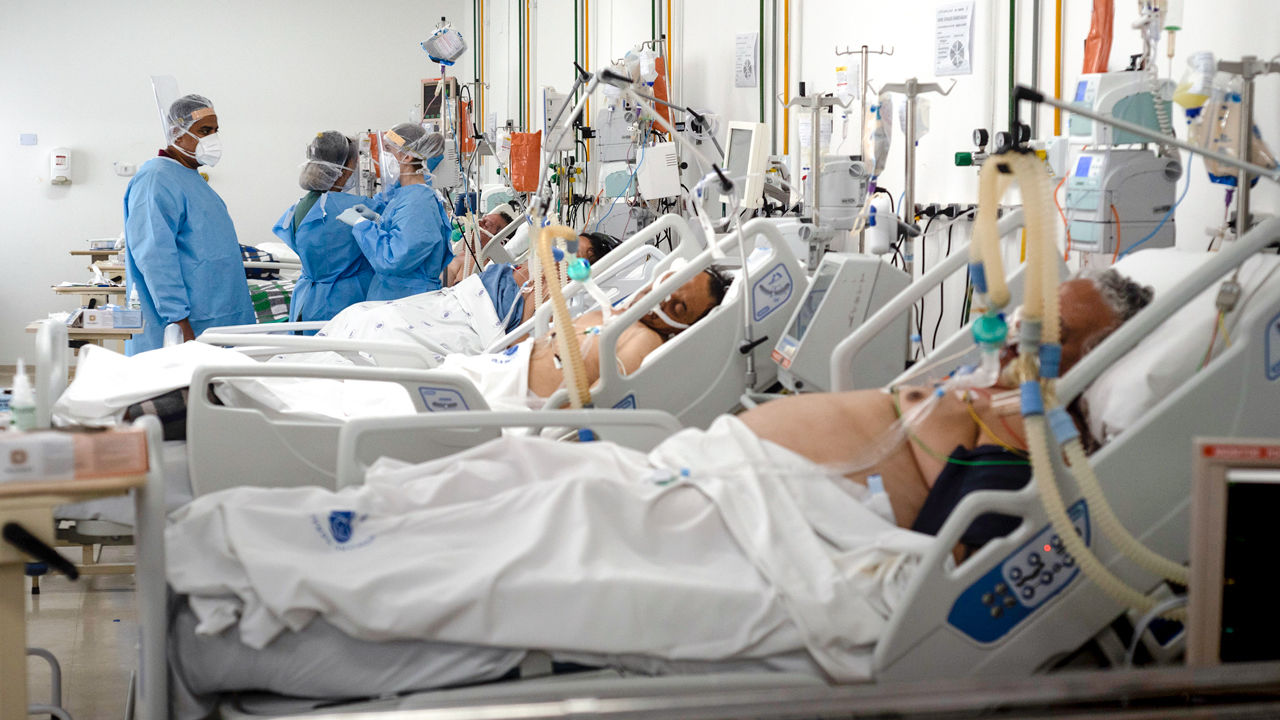A recent peer reviewed letter to editor by SIME has been published in Critical Care – a prestigious and high impact journal [doi.org/10.1186/s13054-020-03268-9].
Entitled “Assessment of pulmonary surfactant in COVID-19 patients”, the letter examines the clinical similarities between Adult Respiratory Distress Syndrome (ARDS) in COVID-19 patients and Respiratory Distress Syndrome in newborns (caused by surfactant deficiency at birth). It outlines how AI analysis of surfactant levels by SIME’s Clinical AI Platform, proven to predict RDS1, could also enable early targeted care in COVID-19 patients.
Current scientific thinking is that there are two types of COVID-19 patients: those that develop ARDS and those that do not (non-ARDS). Non-ARDS patients can, however, develop ARDS-type COVID-19 if they experience ventilator induced lung injury. Therefore, predicting which patients may at risk of developing ARDS could enable clinicians to deliver more targeted and personalised treatment. Based on this premise, several clinical trials are currently underway to investigate whether therapeutics, such as surfactant or dexamethasone, could treat COVID-19 induced respiratory failure. However, the success of these therapeutics is dependent on them being administered to the right patients at the right time.
The first Clinical AI application on the SIME platform is a point-of-care screening test that measures surfactant levels in premature babies to predict RDS1 at birth, and before disease onset. This early screening enables clinicians to deliver early preventative surfactant within the first hour of life; reducing morbidity, mortality and costs.
A clinical study in Denmark is currently underway to determine if this diagnostic screening test, developed for premature babies, could also be used to measure surfactant levels in adult tracheal fluid and therefore support early interventions in critically ill COVID-19 patients.
- Verder, H, Heiring, C, Ramanathan, R, et al. Bronchopulmonary dysplasia predicted at birth by artificial intelligence. Acta Paediatr. 2020; 00: 1– 7. https://doi.org/10.1111/apa.15438


